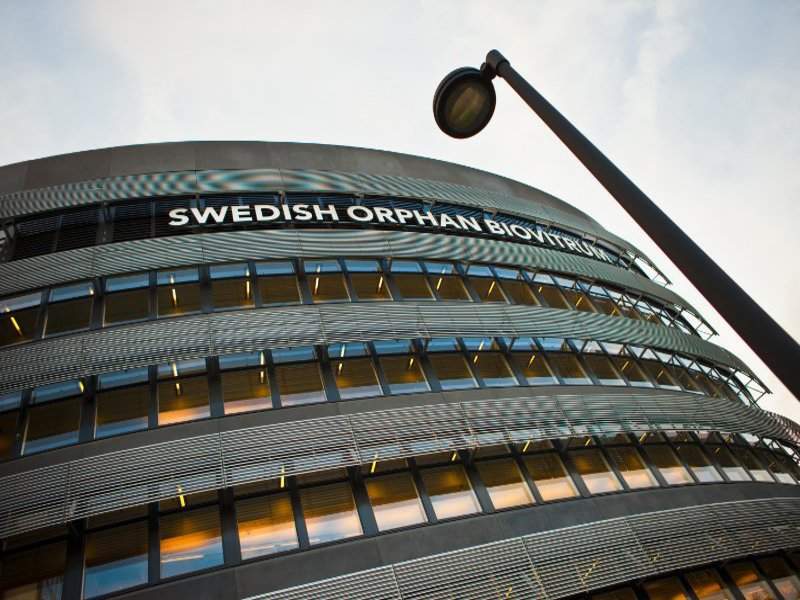

Specialist healthcare company Swedish Orphan Biovitrum (Sobi) has received approval from the Saudi Food and Drug Administration (SFDA) for Orfadin (nitisinone) capsules in strengths of 2mg, 5mg, 10mg and 20mg.

Discover B2B Marketing That Performs
Combine business intelligence and editorial excellence to reach engaged professionals across 36 leading media platforms.
The Orfadin capsules are indicated to treat hereditary tyrosinemia type 1 (HT-1) in combination with a dietary restriction of tyrosine and phenylalanine.
Sobi Middle Eastern and Turkish regional director Ahmad Abu-Dahab said: “We are very pleased that Orfadin has received approval from the SFDA.
“The Kingdom of Saudi Arabia is the largest market in the Middle East, and our focus will now be to ensure timely and sustainable access to treatment for people living with HT-1 on this market.”
HT-1 is a progressive, rare genetic disease that causes liver and kidney complications, which can turn fatal if left untreated.

US Tariffs are shifting - will you react or anticipate?
Don’t let policy changes catch you off guard. Stay proactive with real-time data and expert analysis.
By GlobalDataThe first symptoms of this disease generally arise within the first six months of the child's life.
Sobi Global Brands head and commercial operations vice president Bodil Jonason said: “Sobi’s vision is to support that patients are diagnosed at birth, receive effective and sustainable therapy, and go on to live full and healthy lives no matter where in the world they live.
“This approval is another important step on this journey.”
People affected with HT-1 cannot break down an amino acid called tyrosine that causes the formation of toxic by-products in the body.
The accumulation of toxic products causes liver, renal and neurological complications.
Orfadin blocks the breakdown of tyrosine reducing the toxic tyrosine by-products in the body.
The company claimed that before the introduction of Orfadin, the survival rate in HT-1 was 29% after two years for children who developed symptoms before two months of age.
With the administration of Orfadin, the survival rate increases to 93%.
Image: Swedish Orphan Biovitrum headquarters. Photo: courtesy of Sobi.




